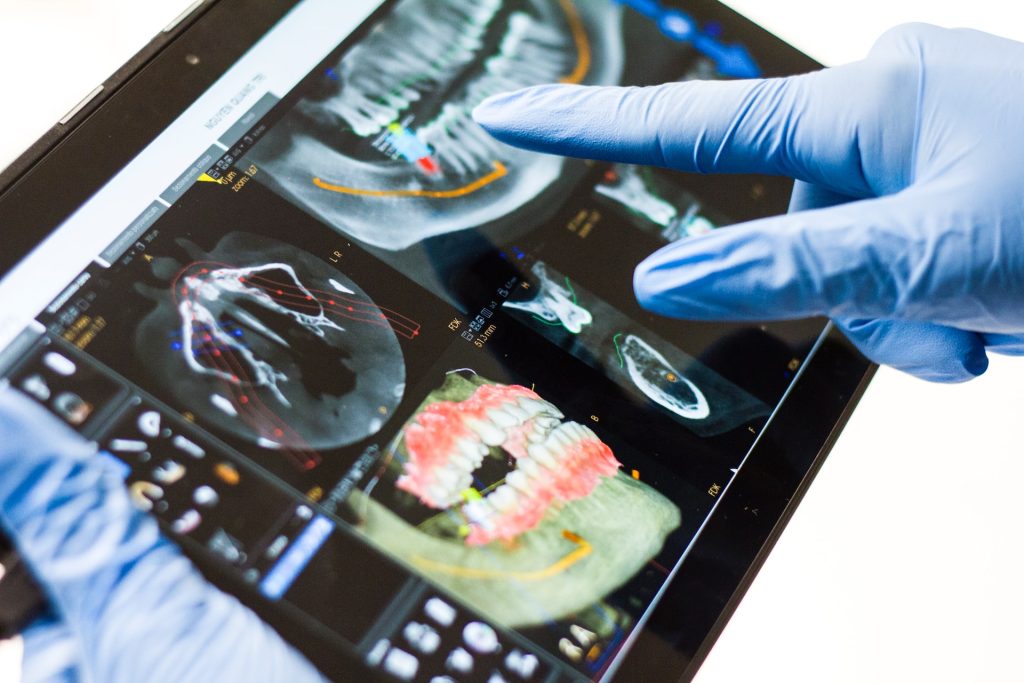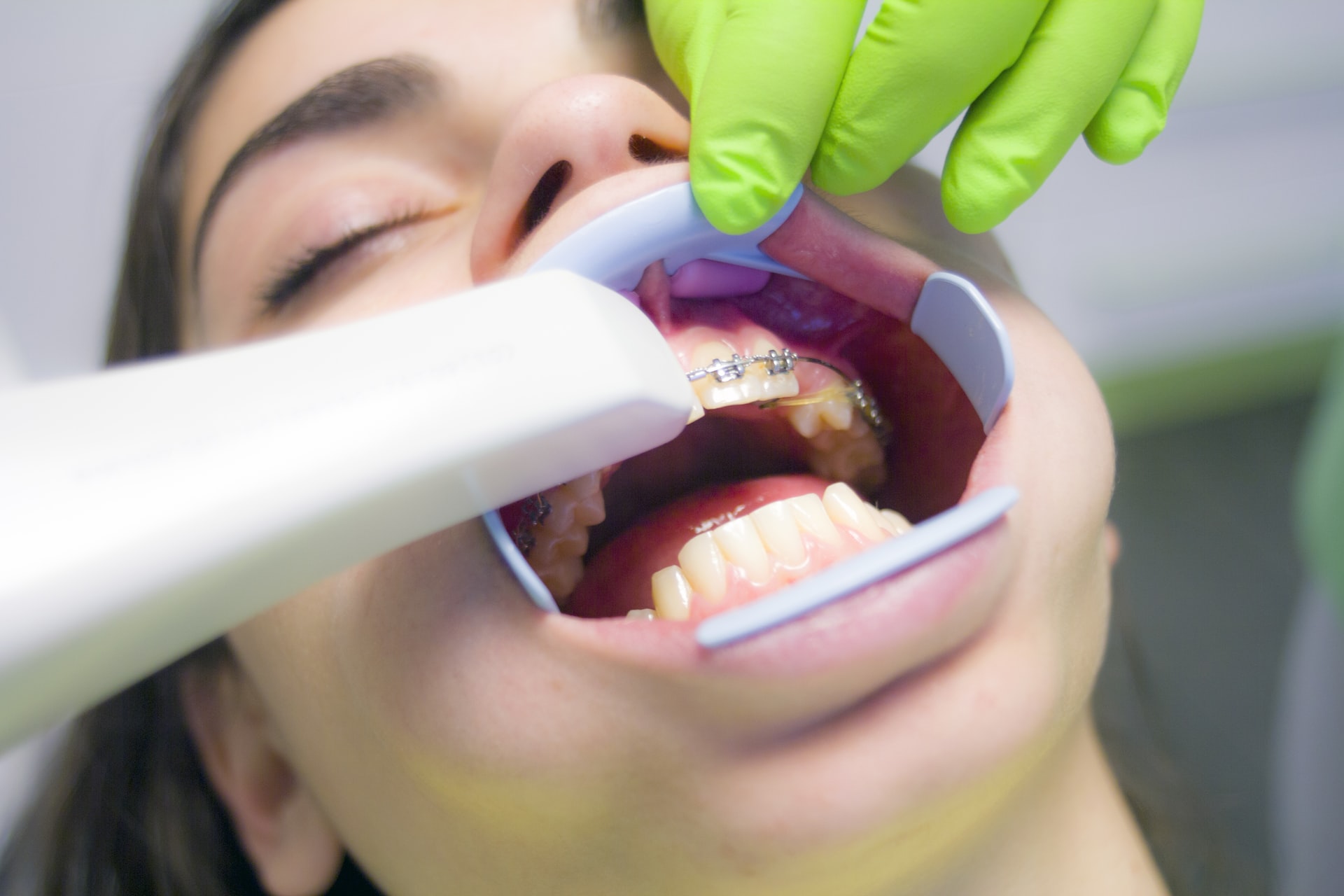Dental implants have become a popular option for replacing missing teeth, but many people may not fully understand the connection between dental implants and oral health. In this article, we will explore the benefits of dental implants for oral health and the potential risks associated with the procedure.
What are Dental Implants?
Dental implants are artificial tooth roots made of titanium or zirconia that are surgically implanted into the jawbone to support a replacement tooth or bridge. They are a popular alternative to dentures or bridges because they offer a more permanent and natural-looking solution for missing teeth.
Dental implants consist of three parts: the implant, the abutment, and the crown. The implant is placed into the jawbone, the abutment connects the implant to the crown, and the crown is the visible part of the implant that looks like a natural tooth.
Benefits of Dental Implants for Oral Health

Dental implants offer several benefits for oral health, including:
- Improved Appearance: Dental implants look and feel like natural teeth, which can improve the appearance of your smile and boost your self-confidence.
- Enhanced Functionality: Dental implants allow you to eat and speak normally, which can improve your overall quality of life.
- Preservation of Bone Density: Dental implants stimulate the jawbone, which can help preserve bone density and prevent further tooth loss.
- Reduced Risk of Gum Disease: Dental implants do not require support from adjacent teeth, which reduces the risk of gum disease and tooth decay.
- Long-Term Solution: Dental implants are a long-term solution for missing teeth, with a success rate of over 95% for properly maintained implants.
Risks Associated with Dental Implants
While dental implants offer many benefits, there are some risks associated with the procedure. These risks include:
- Infection: Like any surgical procedure, there is a risk of infection with dental implants. Proper hygiene and follow-up care are essential to minimize this risk.
- Nerve Damage: The placement of dental implants near nerves in the jawbone can cause temporary or permanent nerve damage, which can result in numbness, tingling, or pain.
- Implant Failure: Dental implants can fail if they are not properly placed or if there is insufficient bone density to support the implant.
- Allergic Reactions: Some people may have an allergic reaction to the materials used in dental implants, such as titanium or zirconia.
Maintaining Your Dental Implants
The proper maintenance of dental implants is crucial for their long-term success and quality. This entails regular brushing, flossing, refraining from chewing on hard objects like ice or hard candy, and avoiding tobacco products, as they can heighten the risk of implant failure. Ensuring regular check-ups with your dentist to assess the health of dental implants and surrounding teeth is a vital aspect of implant maintenance.
Opting for a local dentist offers the advantage of convenient access to dental care, personalized attention, and the opportunity to cultivate a long-term relationship built on trust and familiarity. For instance, if you live in the Sonoma County area, the ideal choice would be to opt for a Santa Rosa dentist. The best Santa Rosa dentist specializes in providing dedicated check-ups for implant patients, diligently monitoring the implant and surrounding teeth’s health. By prioritizing regular check-ups with a Santa Rosa dentist, you can confidently ensure the optimal health and longevity of your dental implants.
Choosing a Dental Implant Specialist
Choosing the right dental implant specialist is crucial to the success of your implant procedure. Look for a dentist with experience in dental implant placement and a high success rate. Ask for referrals and read online reviews to find a reputable implant specialist in your area.
The Cost of Dental Implants
The cost of dental implants can vary depending on the number of implants required, the location of the implant specialist, and other factors. In general, dental implants can be more expensive than other tooth replacement options, but they offer a more permanent and natural-looking solution. Dental implants can be a little expensive compared to normal dental procedures like veneers, especially if multiple implants are required but it is worth investing as the results are long-term.
Insurance may cover a portion of the cost of dental implants, but it is important to check with your provider to determine your coverage.
Conclusion
In conclusion, dental implants are a great solution for those who want a permanent and natural-looking option for replacing missing teeth. They offer several benefits for oral health, including improved appearance, enhanced functionality, preservation of bone density, and reduced risk of gum disease. However, as with any surgical procedure, there are some risks associated with dental implants, such as infection, nerve damage, implant failure, allergic reactions, and cost. To ensure the long-term success of your dental implant, it is essential to properly maintain it and choose a reputable implant specialist such as Dental Clinic Kew. By weighing the benefits and risks, you can make an informed decision about whether dental implants are the right option for you.
































































